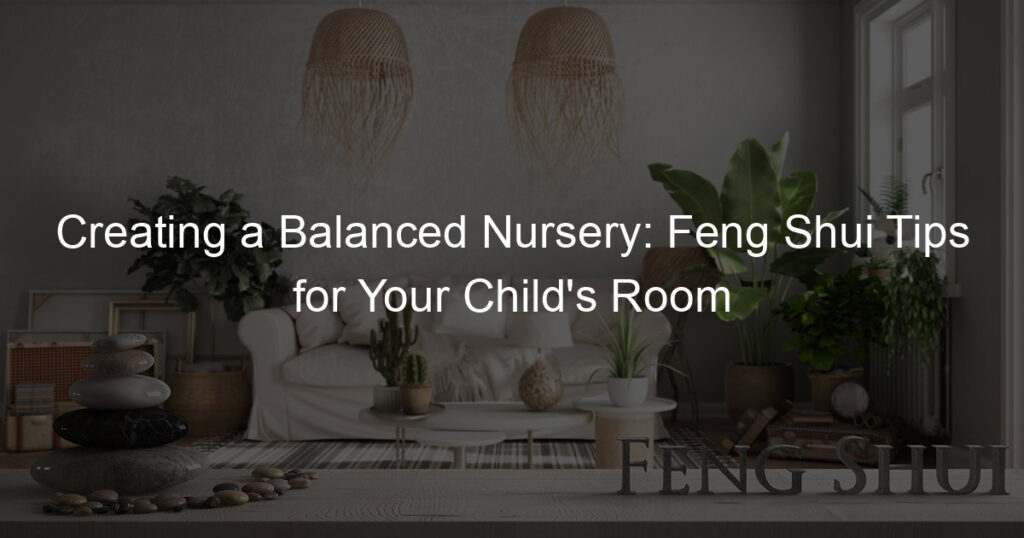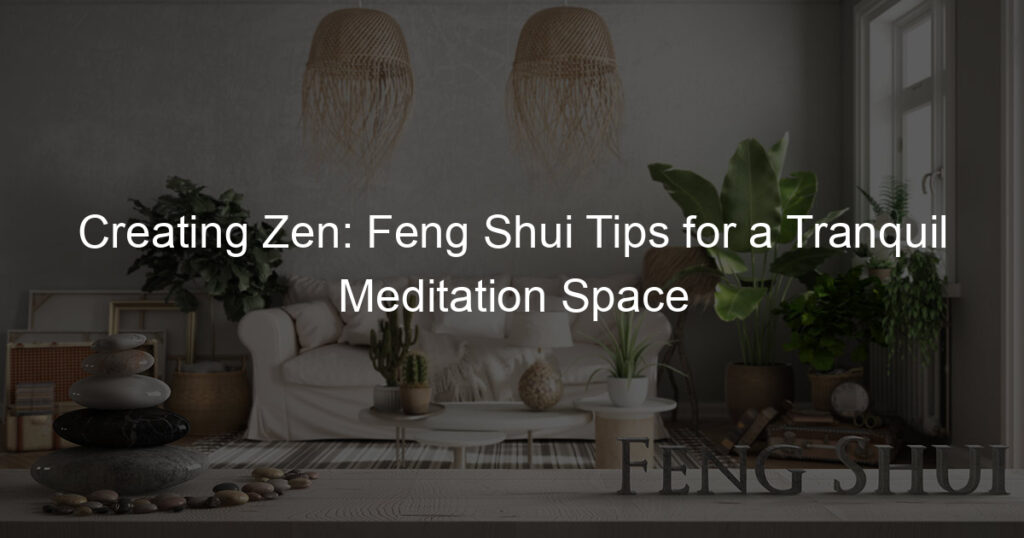If you’re looking for ways to improve your mental health, look no further than feng shui. This ancient Chinese practice can be used to promote harmony and balance in your life, leading to improved mental well-being. Keep reading to learn more about how feng shui can benefit your mental health!
Is Feng Shui good for mental health?
While modern science has yet to definitively prove whether using Feng Shui is beneficial for mental health, many people swear by its stress-reducing properties.
Feng Shui is an ancient Chinese practice with the intention of harmonizing energy flows in physical spaces that may impact their inhabitants. It involves rearranging furniture, colors, and patterns to facilitate a sense of balance, peace, and well-being. This makes it a useful tool for those looking for simple ways to feel less stressed and more grounded in their home life or workspace.
Even if there are no studies to back up its potential effectiveness, practicing Feng Shui can be an enjoyable activity that carries enough power to encourage us to take care of ourselves better.
How to activate health in Feng Shui?
Feng Shui is an ancient Chinese practice that focuses on creating a harmonious home that can directly affect your health. To get the most out of this practice, it helps to start at the front door.
Pulling back thick curtains and allowing more natural light in will propel positive energy into your home and create a restorative space that promotes good luck and health. In addition, taking time to keep your front doorway clean and organized will welcome positive energies into your home, as any clutter around the entryway stops positive chi from entering.
Finally, moving furniture within your home can also help with activating health in Feng Shui – if items like dining tables or beds are placed against walls or tucked into corners it will make for a much more calming atmosphere which has many physical benefits!
Can Feng Shui help with anxiety?
Can Feng Shui help with anxiety? This ancient Chinese practice emphasizes the significance of the placement of objects within your living space and offers a holistic approach to reducing stress and allowing life energy (Chi) to flow freely.
It is believed that if energy throughout your house is blocked, it may cause anxiety. Therefore, using Feng Shui principles in your space can help release tension, both physically and mentally. Through techniques such as clearing clutter and rearranging furniture, you can incite changes in the flow of your environment–which can take on a calming effect.
Ultimately, synchronizing energy helps to promote a sense of balance and well-being which could ultimately lessen feelings of anxiety.
What is bad feng shui for health?
Feng Shui is the practice of arranging one’s environment to maximize external energy, which one believes can positively impact physical and mental well-being.
When it comes to health and feng shui, certain areas of one’s home or office should be avoided: clutter can weaken the body’s positive energy flow, as can having suspended mirrors or artwork in a bedroom as they can cause restlessness. Misaligned furniture — such as having your bed frame pressed up against the wall — is also seen as bad feng shui for health, as it prevents one from sleeping well.
Additionally, having beams or columns running through bedrooms and bathrooms is seen as disruptive to healthy energy flow. Lastly, unhealthy air flow due to poor ventilation will also lead to an imbalance in the mind-body-soul connection, leading to bad feng shui for health.
What color is feng shui for health?
When it comes to health and feng shui, color plays an important role in creating a healthy environment.
In ancient Chinese culture, red is believed to represent luck, passion, and strength while blue and black are associated with the water element, which stands for intelligence, wisdom, and clarity of mind. Green is said to promote feelings of tranquility and balance. Blue also represents healing energies and can bring about feelings of calmness and serenity. Yellow invokes happiness as well as optimism and creativity.
Choosing shades that are appropriate for each room can have a positive effect on your life-force energy (chi) and provide a sense of renewal when spending time in those spaces.
In Summary: How To Use Feng Shui for Your Mental Health?
Feng Shui is an incredible and unique way to help you tap into your mental health needs. By consciously evaluating the energy of the spaces we live in, we can create harmonious environments that are beneficial to our well-being. We can focus on colors, artwork, and furniture placement in a way that helps invoke calming and productive energy.
It is important to remember that Feng Shui will be slightly different for every person since everyone has their own needs. Additionally, Feng Shui should be seen as an ongoing journey since not one practice will remain forever helpful. As long as you are conscious of your environment and how it relates to your mental health and well-being, it can work wonders when used correctly.
You don’t have to change everything at once and major changes may not be necessary – small changes like opening windows or adding some thoughtful artwork can also make huge differences. That being said, take time for yourself for reflection so that you create a home with love, lightness, and positivity!














